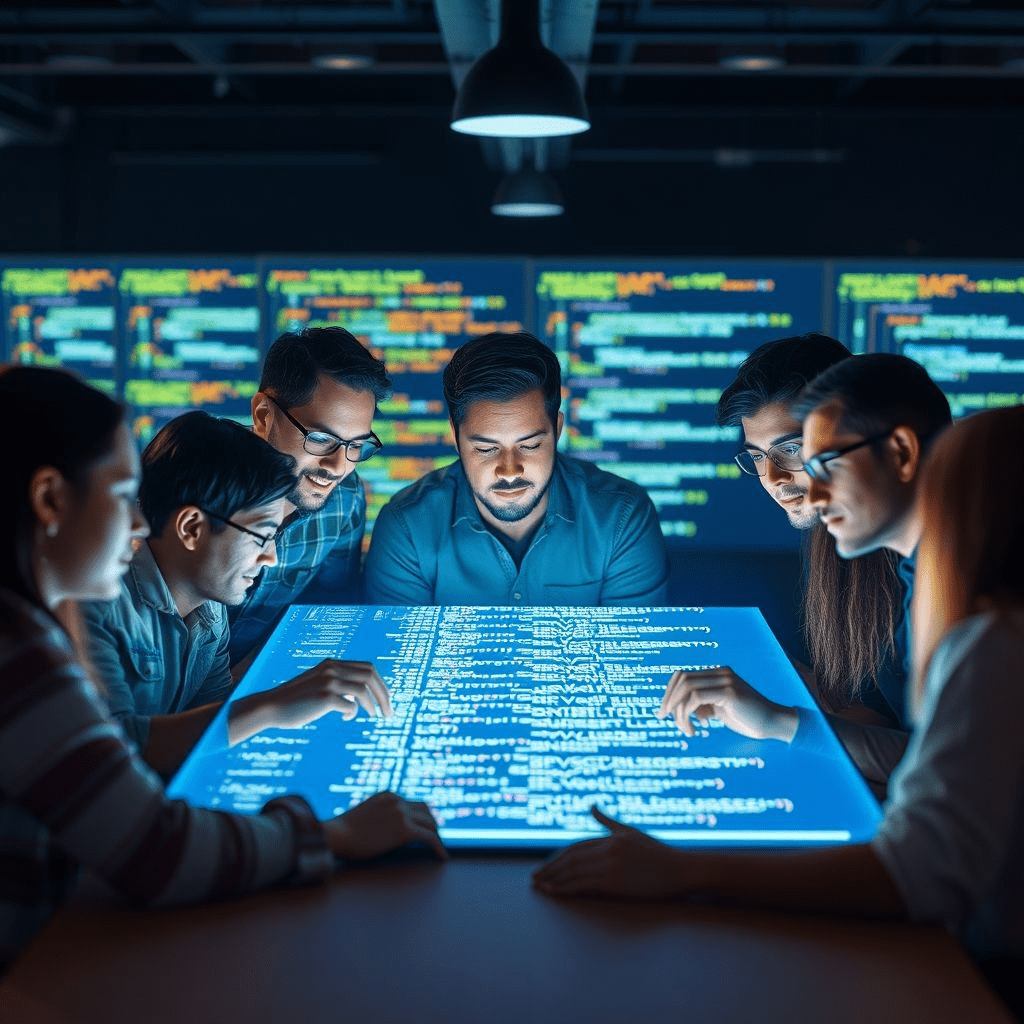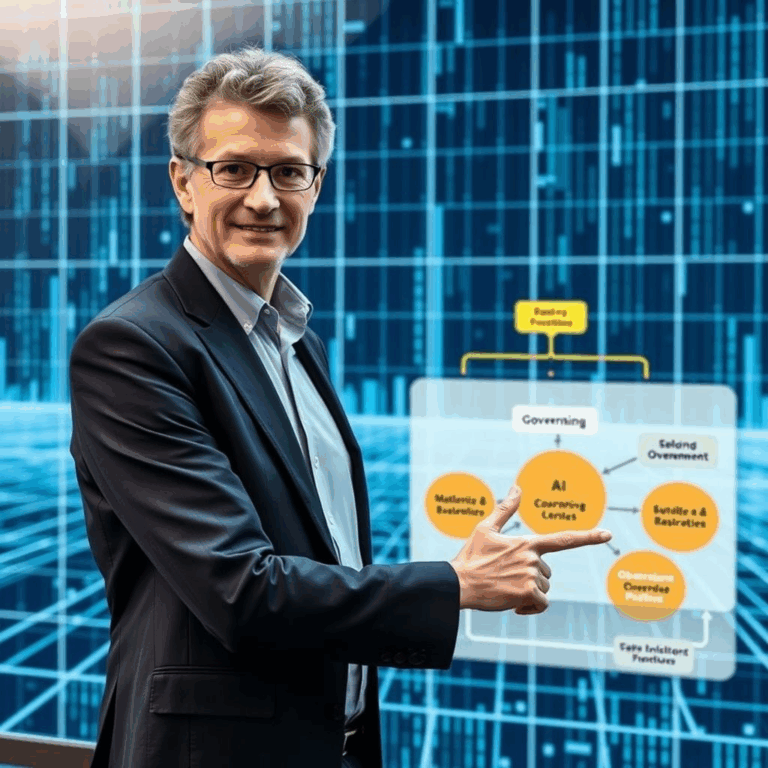Introduction
In a recent statement, the CEO of JetBrains, Kirill Skrygan, emphasized that rather than replacing developers, AI is reshaping software development. This seismic shift marks a transformation in developer roles, task structures, and industry expectations.
Background: The AI Integration Paradigm
With AI tools increasingly prevalent—from autocomplete to generative assistants—the software engineering process is evolving. Rather than automating jobs outright, AI augments developer workflows. Skrygan’s insights illustrate how AI is increasingly being integrated into everyday tasks with care, prompting new skill demands.
What JetBrains CEO Said
Skrygan cited data showing 84% of developers currently use or plan to use AI tools daily. While productivity has improved, trust and code quality remain concerns. He highlighted that developers must transition toward higher-order responsibilities: architecture, debugging, AI validation, and oversight.
Developer Reactions and Industry Discussion
The sentiment resonates within developer communities. One Reddit commenter noted:
“AI cannot replace mid/above developers… It frequently forgets context… it can make a small team more productive.”
Another perspective offered:
“Removing software engineers from the loop ultimately requires ceding control… LLMs can help hold the fort to a degree.”
These remarks reinforce the notion that while AI aids productivity, human expertise remains indispensable.
Impact: Productivity, Roles, and Trust
- Upskilling imperative: Developers must evolve into AI assessors, quality gatekeepers, and architecture specialists.
- AI as augmentation, not replacement: Tools help automate mundane tasks—such as boilerplate code—but devs remain essential for complex logic and system integrity.
- Trust and code quality concerns: Nearly half of developers reportedly don’t fully trust AI-generated code, raising issues around security, resilience, and long-term maintainability.
Future Outlook
Skrygan’s forecast includes new professions—“AI assessors,” “AI-native developers,” and custom tooling expertise. The industry may fragment into tiers: AI-integrated architecture, domain-specific oversight, and traditional hands-on coding.
Conclusion
The message is clear: AI reshaping software development is not about redundancy—it’s a catalyst. As tools mature, the developer’s role becomes elevated, focused, and strategic, redefining the future of code craftsmanship.






